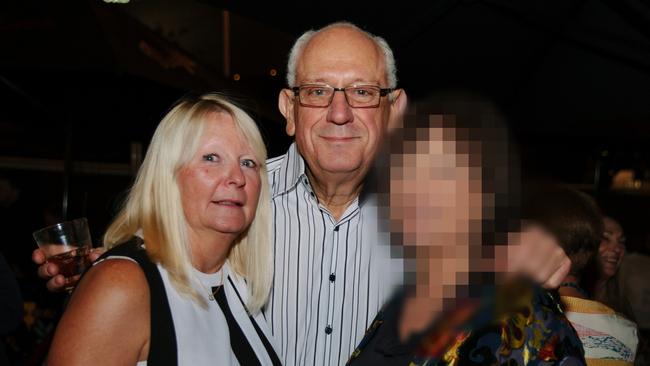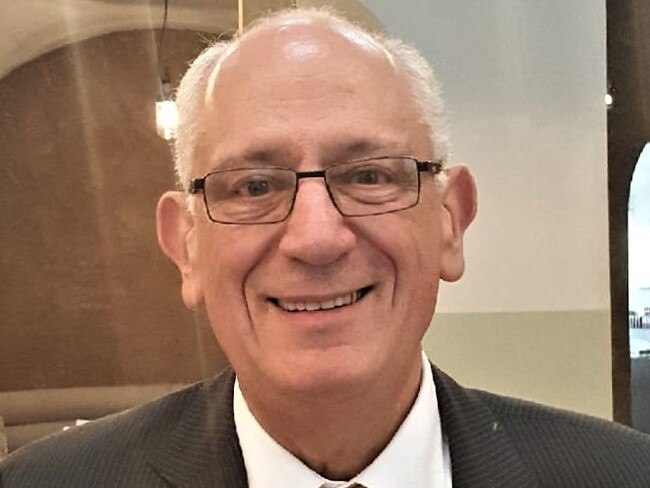Widow and daughter of Norwood surgeon Davor Hribar embroiled in Supreme Court lawsuit over his $2m estate
The widow and daughter of wealthy Norwood surgeon Davor Hribar are duelling in the Supreme Court over his estate, amid claims he was a domestic abuser who assaulted his daughter when she was 14.

SA News
Don't miss out on the headlines from SA News. Followed categories will be added to My News.
- Lawsuit over estate of surgeon Clayton Lang hits complications
- Widow of Dr Yen-Yung Yap blames death on medical regulators
The daughter of Norwood surgeon Dr Davor Hribar has argued she should not have her inheritance reduced because she was “estranged”, saying in court documents their relationship was strained because he was a domestic abuser who assaulted her when she was a child.
Sally Hribar, the wife of Dr Hribar, is contesting his will in the Supreme Court, asking for “further provision” from the estate “for her maintenance, education, and advancement in life’’.
Dr Hribar died in June last year, leaving his wife – who he had lived with since 2000 and married in 2017 – an annuity of $50,000 per year, $20,000 to pay an outstanding mortgage on a property at Encounter Bay, the right to reside in the $1.5 million marital home in Norwood, and his personal effects.
Dr Hribar also left $750,000 to his daughter Tiffany, the “fourth respondent”, as well as $200,000 to a number of other people and “the residue of the estate” to be placed in a trust with a number of beneficiaries.
In her claim, Mrs Hribar argues that Tiffany “was estranged from the deceased for approximately the last 20 years of the deceased’s life’’.
This claim is disputed in defence documents, which say that despite their differences, Dr Hribar and his daughter remained in contact.

Tiffany Hribar also argues that “any distance in the relationship between the deceased and (his daughter) was as a result of the inappropriate conduct of the deceased during his lifetime towards (his daughter).
“The deceased ... was the perpetrator of domestic violence against the fourth respondent, her brother and her mother,” court documents allege.
“The deceased engaged in acts of verbal abuse, physical abuse and emotional abuse.
“The deceased engaged in controlling behaviours including financial control.’’
The defence documents also state that Dr Hribar’s daughter left the family home aged 14 as a result of “a violent physical assault perpetrated by the deceased against the fourth respondent when (she) was aged approximately 14 years.
“The fourth respondent, for her safety, left the deceased’s home.’’
The court documents state that Tiffany Hribar lived with friends and took up cleaning to pay for room and board.
“The fourth respondent was not supported financially by the deceased. She often did not have money sufficient for a bus fare and therefore could not attend school.
“The fourth respondent eventually qualified for Centrelink, with Centrelink acknowledging the domestic violence as a basis for the fourth defendant not returning to the deceased’s home.’’
Despite their strained relationship, Tiffany Hribar says she remained in contact with her father and he sought counsel on issues such as his divorce from his second wife.
Tiffany Hribar argues Mrs Hribar has not been left without adequate provision, and denies that any distance in her relationship with her father should be “disentitling conduct’’.
Sally Hribar declined to comment via her lawyer.
The Australasian Osseointegration Society said in a tribute to Dr Hribar, who was their former president, that he was “esteemed” and “a truly remarkable and gifted surgeon who was always generous with his knowledge”.
“He was a highly respected leader and will be sadly missed,’’ their tribute states.

